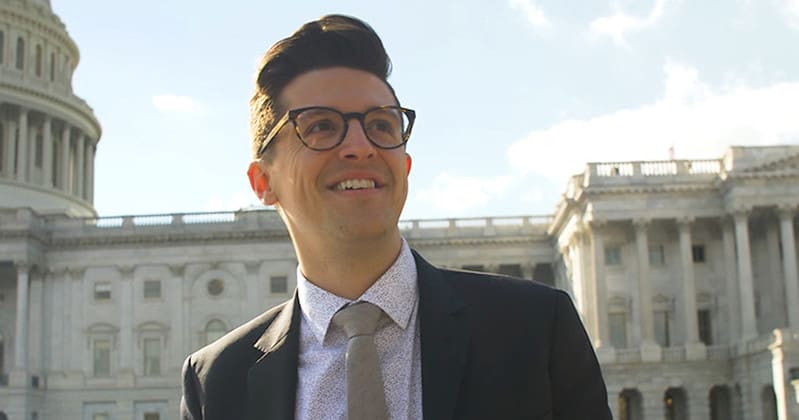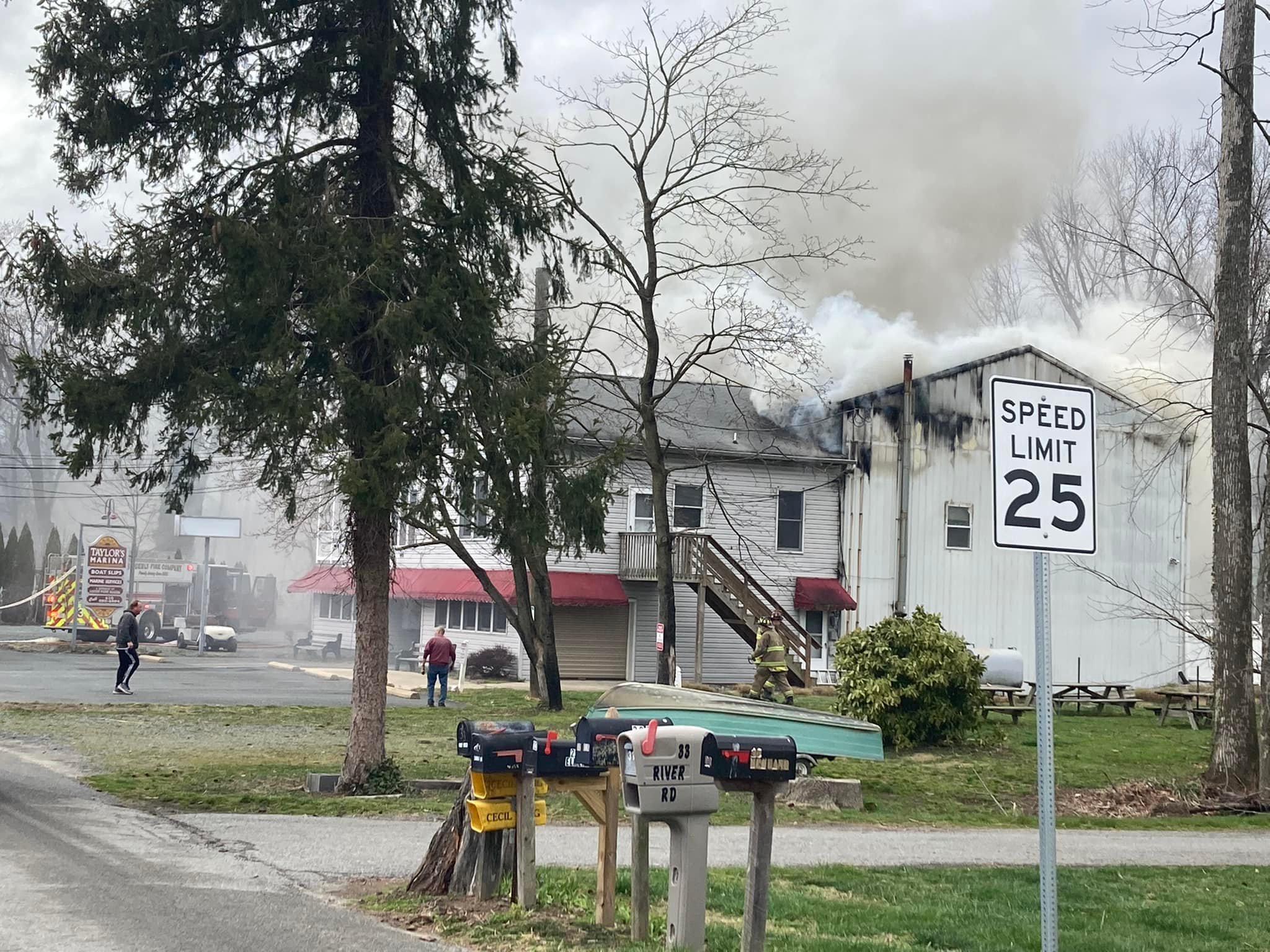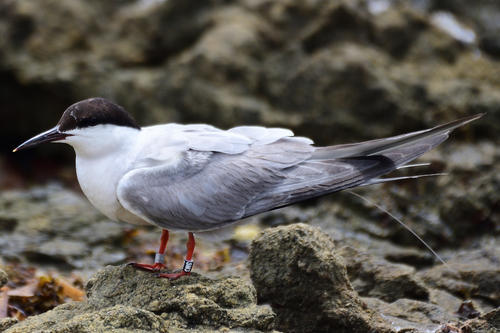Dr. Isaac “Ike” Irby is bringing the Chesapeake to the White House, as he becomes Policy Advisor to Vice President-elect Kamala Harris.
Irby honed his skills in marine science and public policy as a PhD student at the Virginia Institute of Marine Science (VIMS), earning his doctorate in 2017. While at VIMS, Irby’s work spanned marine studies, climate change, pollution, and management.
Dr. Marjorie Friedrichs, Irby’s PhD advisor, tells Bay Bulletin she admired his commitment to his work. She saw how Irby was always going above and beyond what was required. He completed a master’s degree in Public Policy at William & Mary at the same time as getting his PhD, worked to build community among the graduate students at VIMS, and collaborated closely with scientists at the Chesapeake Bay Program.
For his dissertation, he analyzed the models that organizations use to determine the effects of different levels of nutrients from sources like fertilizers or wastewater on Bay health. There were eight models, but only one of them, developed by the Chesapeake Bay Program, was used to make
management decisions.
Irby wanted to compare the models to see if they provided similar outlooks for the Bay or not. He found that all the models provided similar results, which gave the managers more confidence about using them for their work.
Irby also took his research 50 years into the future to analyze what the combination of pollution and climate change might mean for the Bay. He determined that warming water temperatures posed the biggest threat because warmer water holds less oxygen, so fewer animals and plants will be able to survive in those conditions. This condition, called hypoxia, will likely begin earlier 50 years from now, in May, and last throughout the summer. Irby’s result laid the foundation for future studies on the impact that climate change will have on the Bay.
For Irby, the connection between science and policy was always clear. “He was always working with the managers, helping to better understand the uncertainties in their models,” said Friedrichs. “He really got into the nitty gritty of the methods with them and brought a fresh eye to their work.”
Beyond academics, Friedrichs also remembers him as an active member of the student community at VIMS. “He really brought together the student population. His enthusiasm and work ethic extended way beyond his scientific work.”
Irby’s role in the next administration won’t be his first experience at the White House. In 2014, while at VIMS, he spent a summer as an intern in the Office of Science and Technology Policy, which provides scientific advice for the President. Later, after graduating, Irby worked for then-Senator Harris in California, leading the legislative team that advised Senator Harris on energy and environment issues.
In a tweet following the announcement of his selection to the White House staff, Irby writes, “The climate crisis is the challenge of our time, and I look forward to continue fighting for climate and environmental justice, the protection of our planet, and an equitable future.”
Many at VIMS are thrilled to see one of their own in the White House, especially someone with Irby’s strong background in both science and policy. “He is going to be at the decision-making table with a solid knowledge of climate change,” remarks Friedrichs, “And that is going to be incredibly important.”
-Emma Johnson




